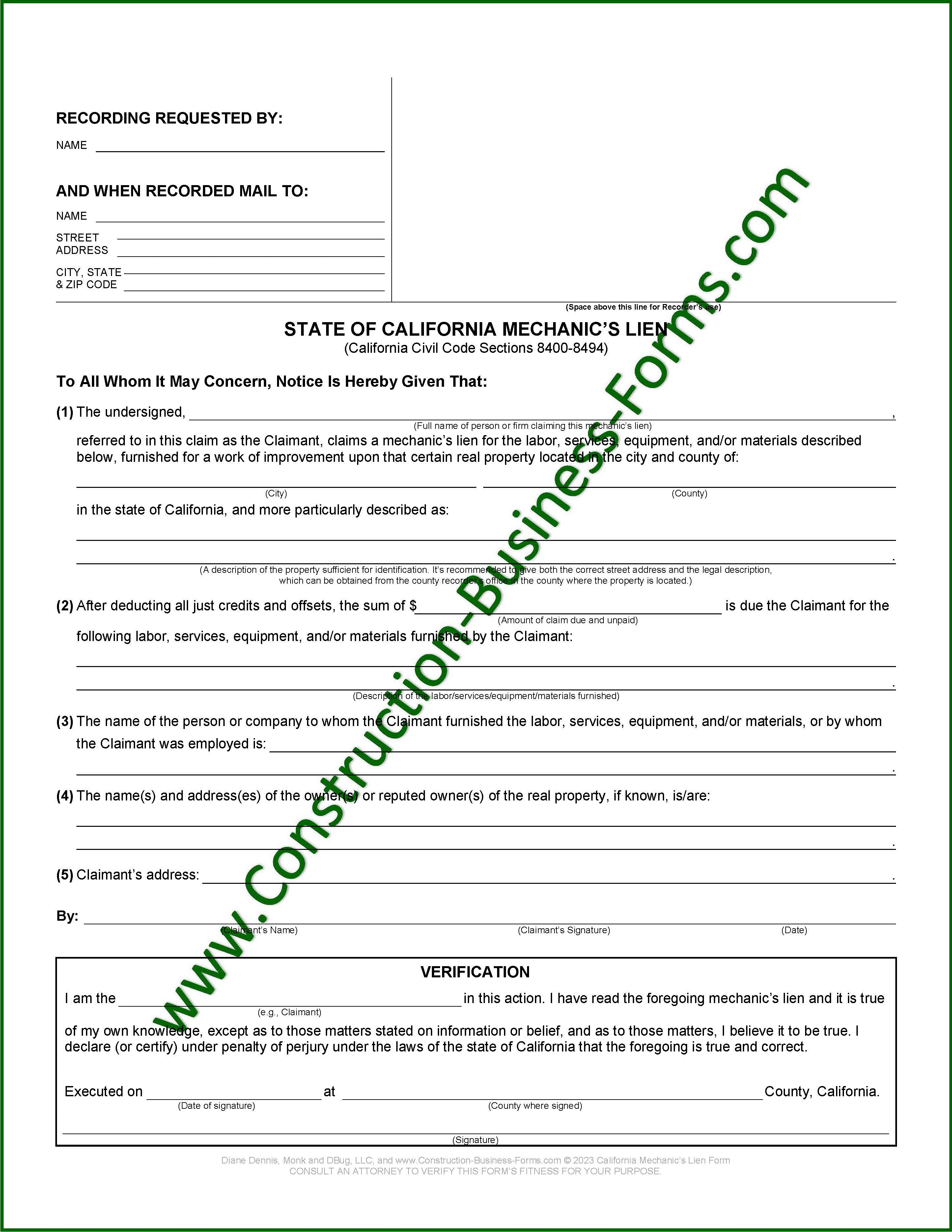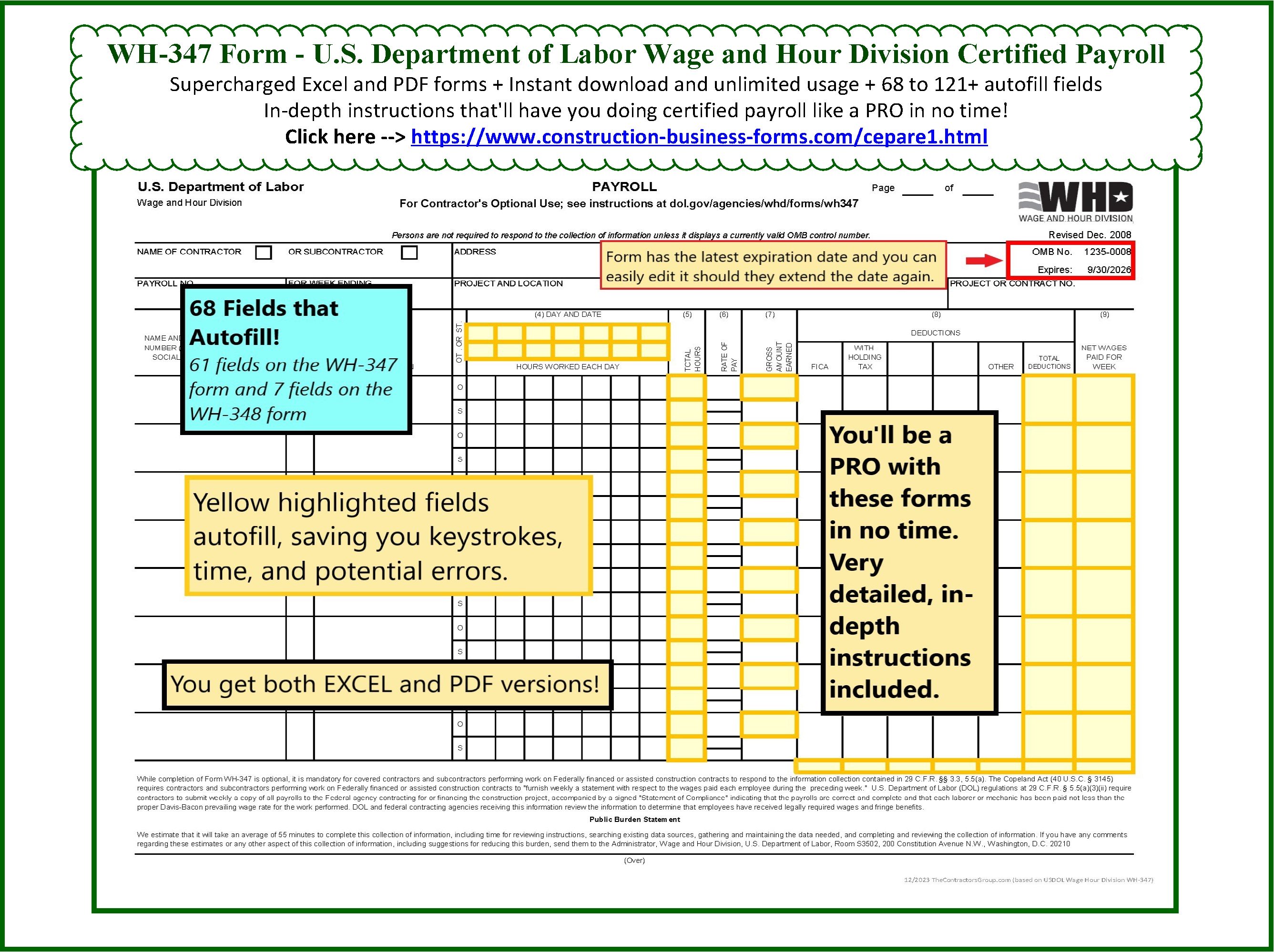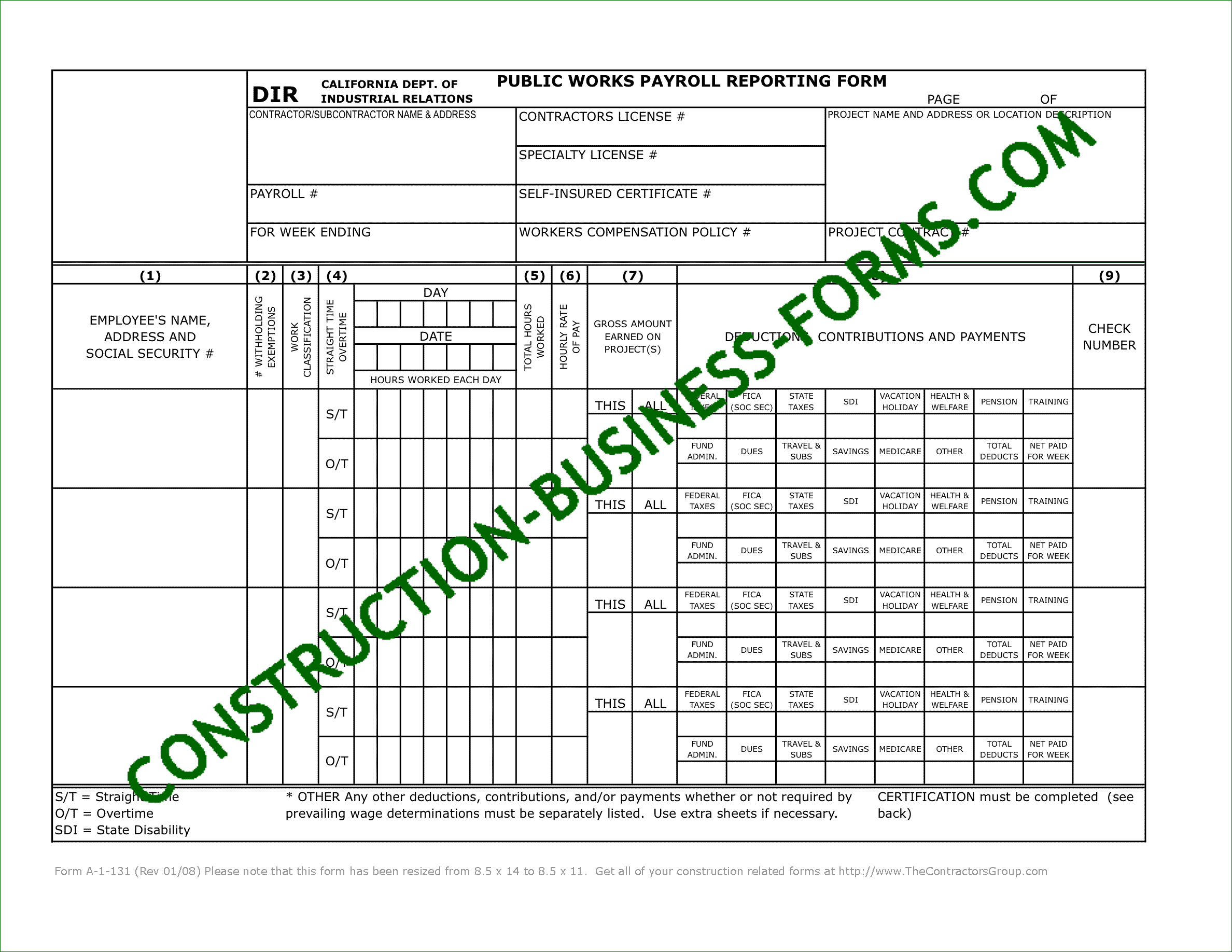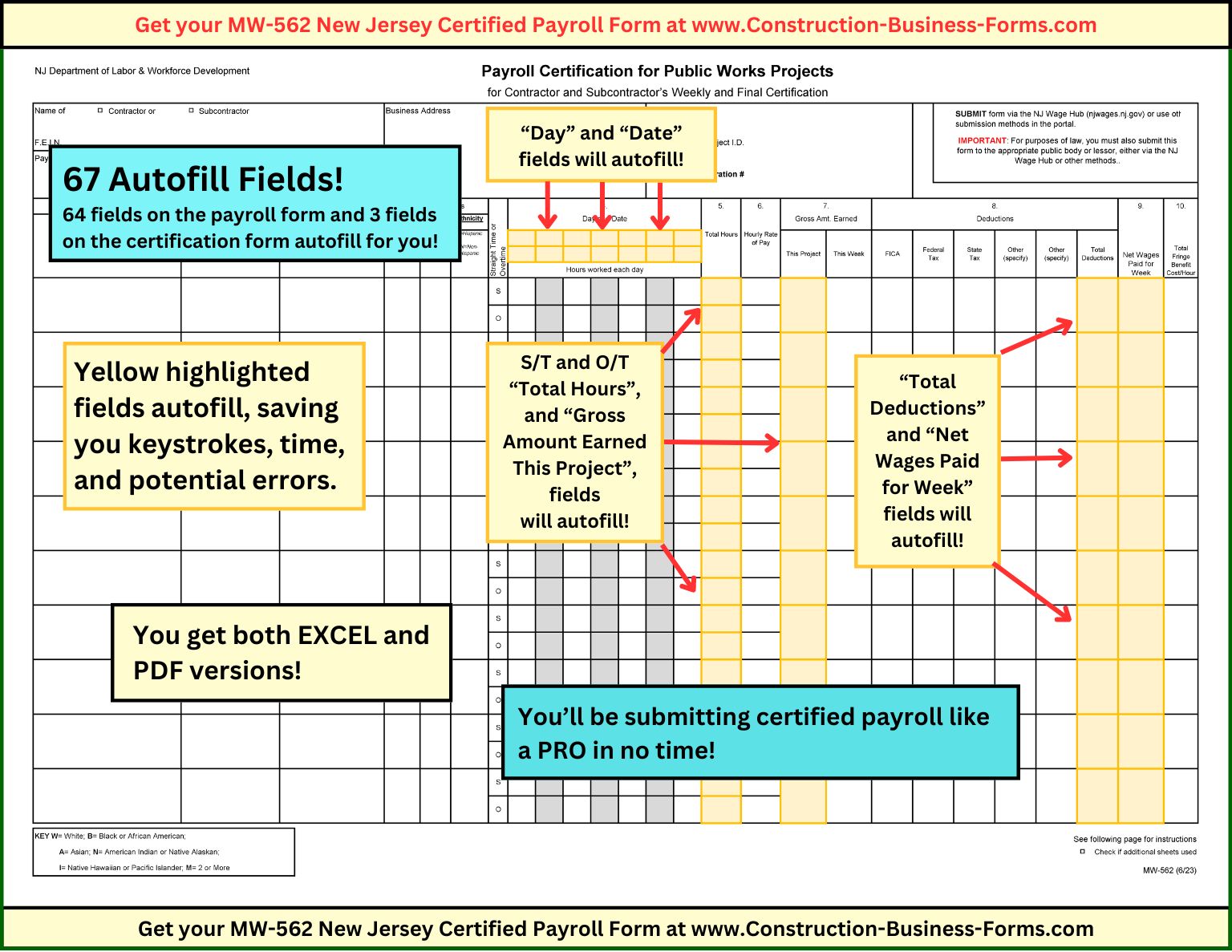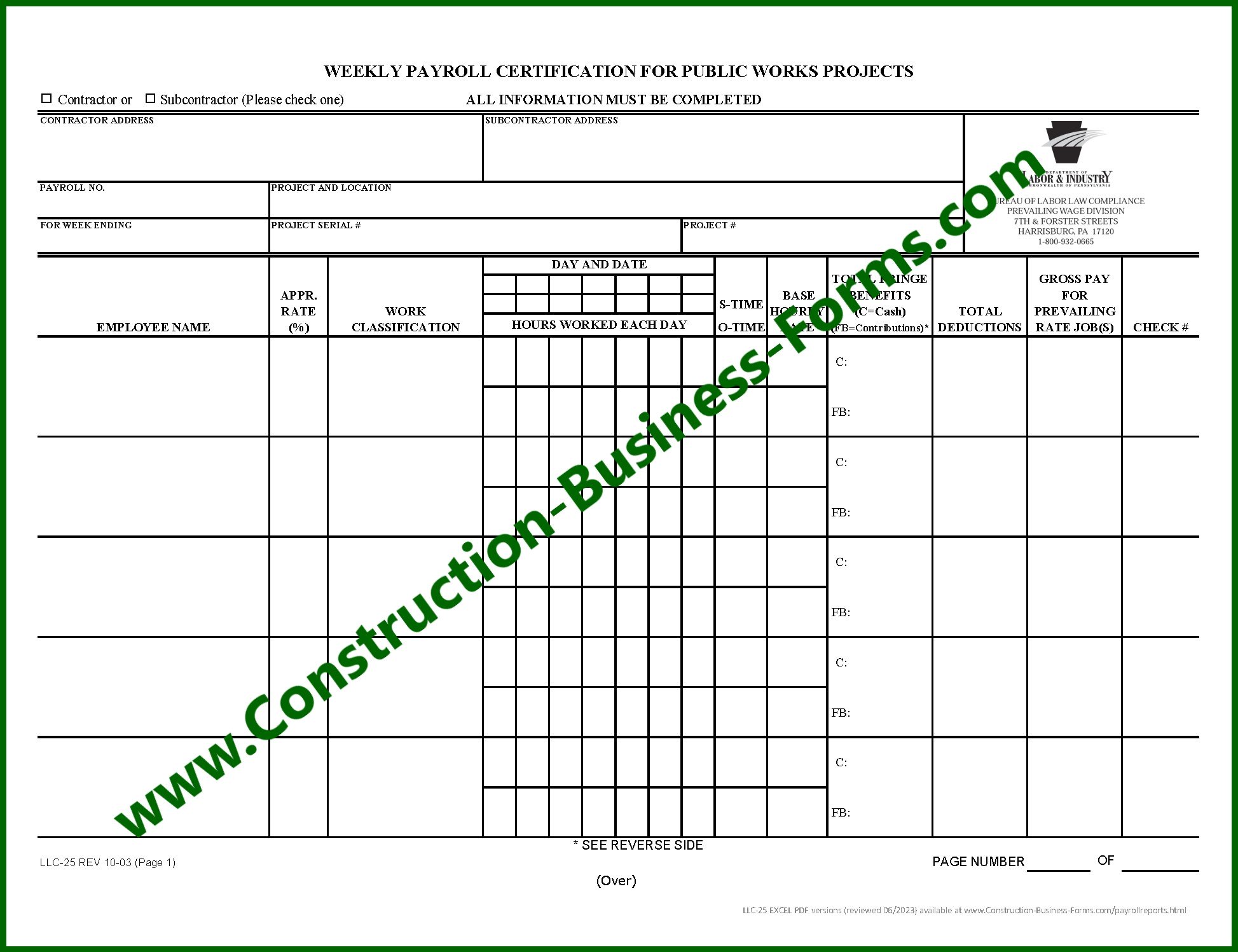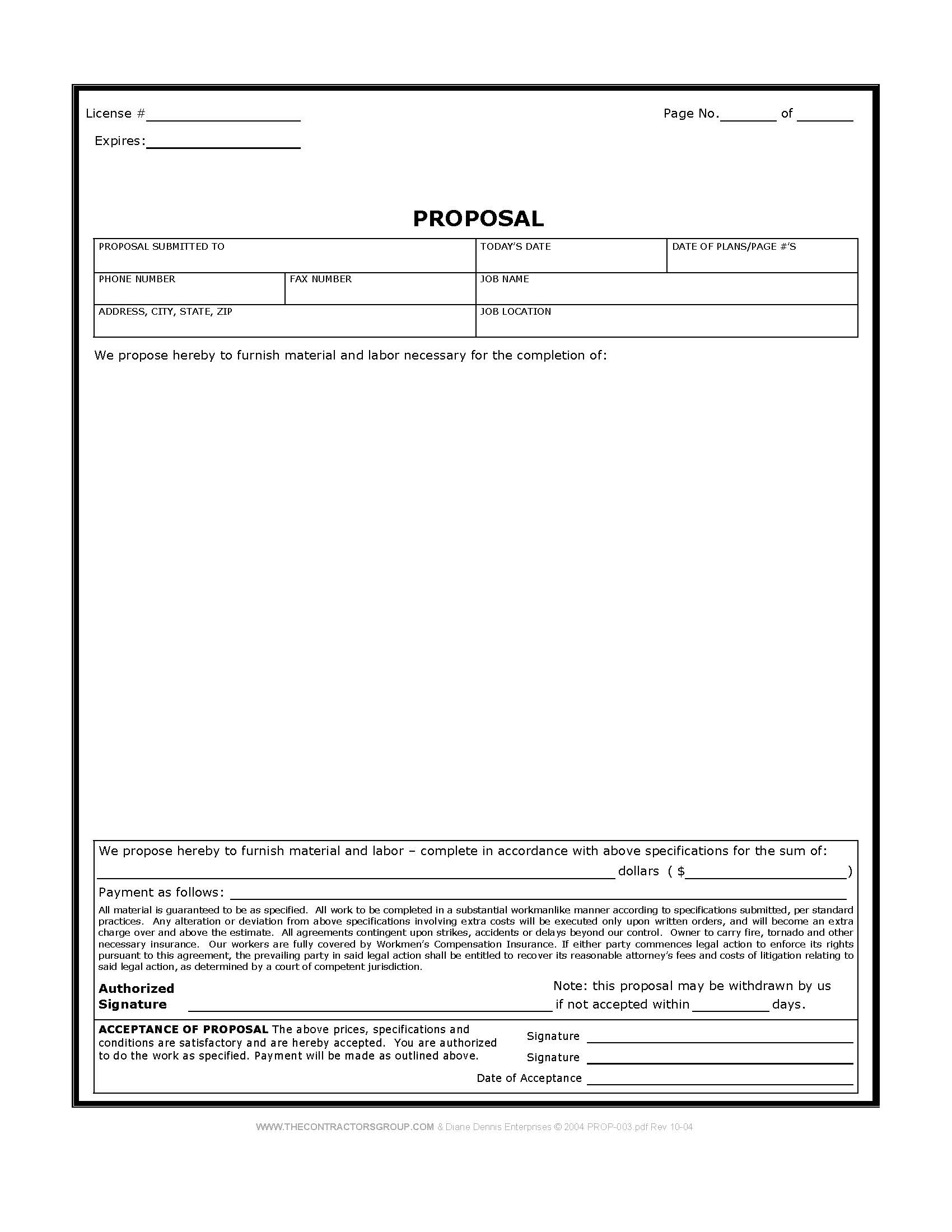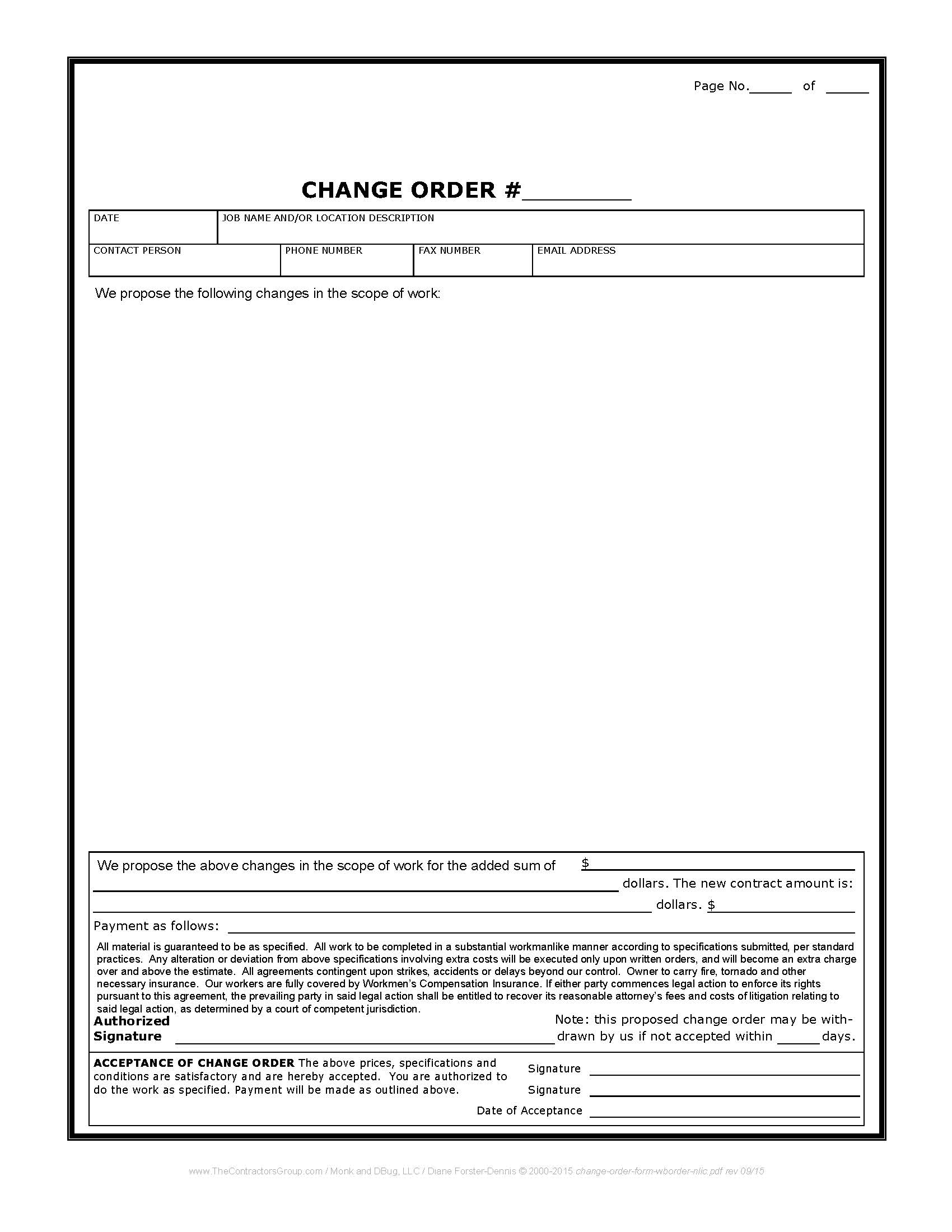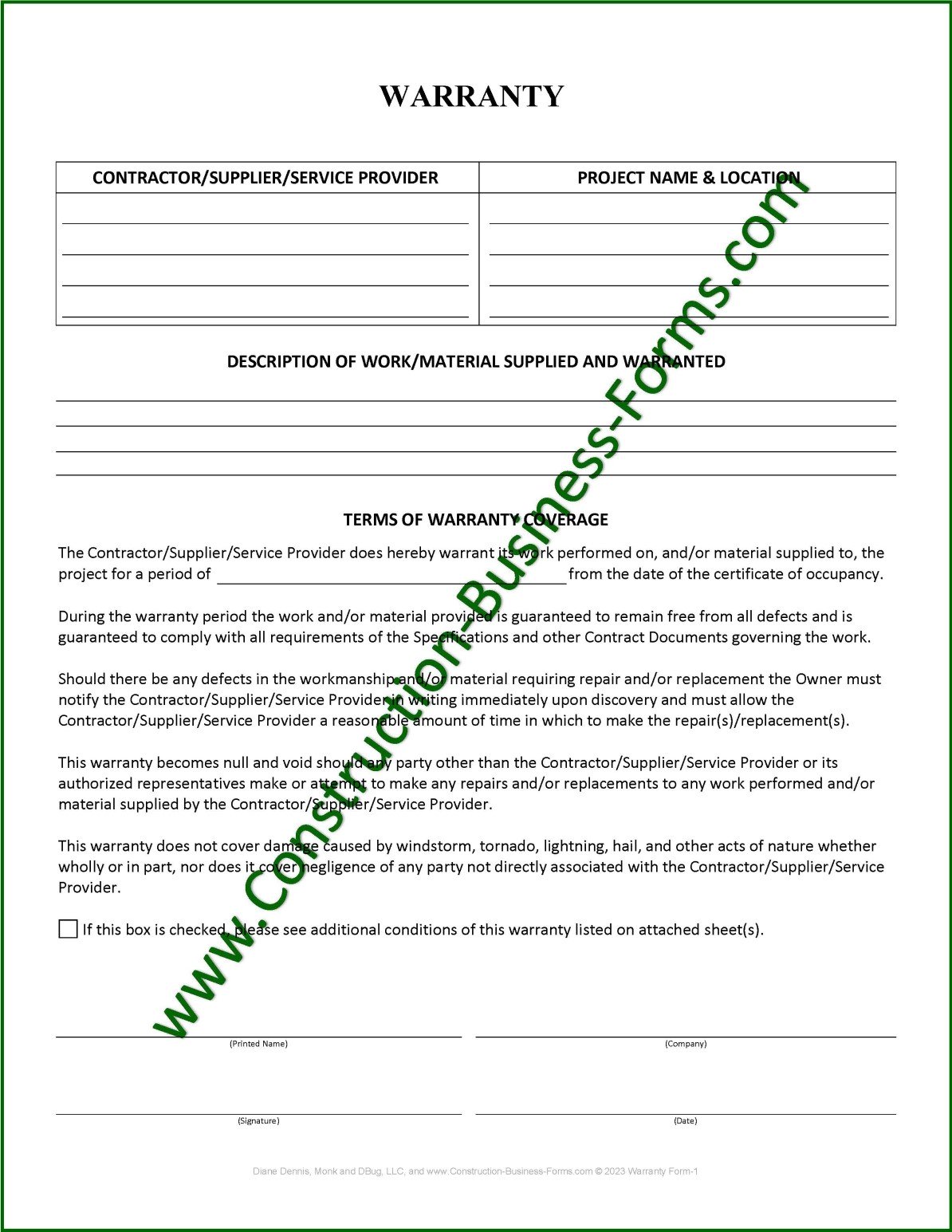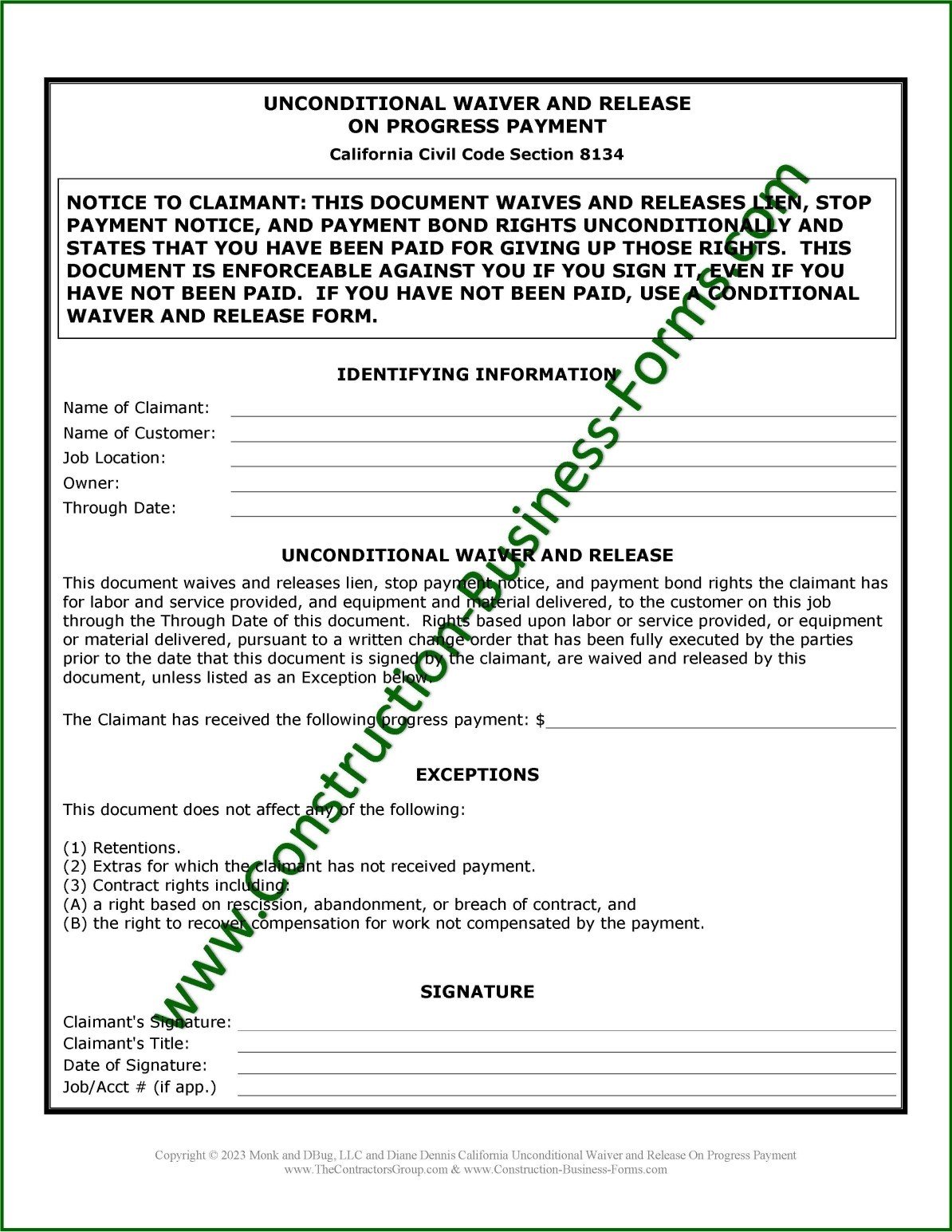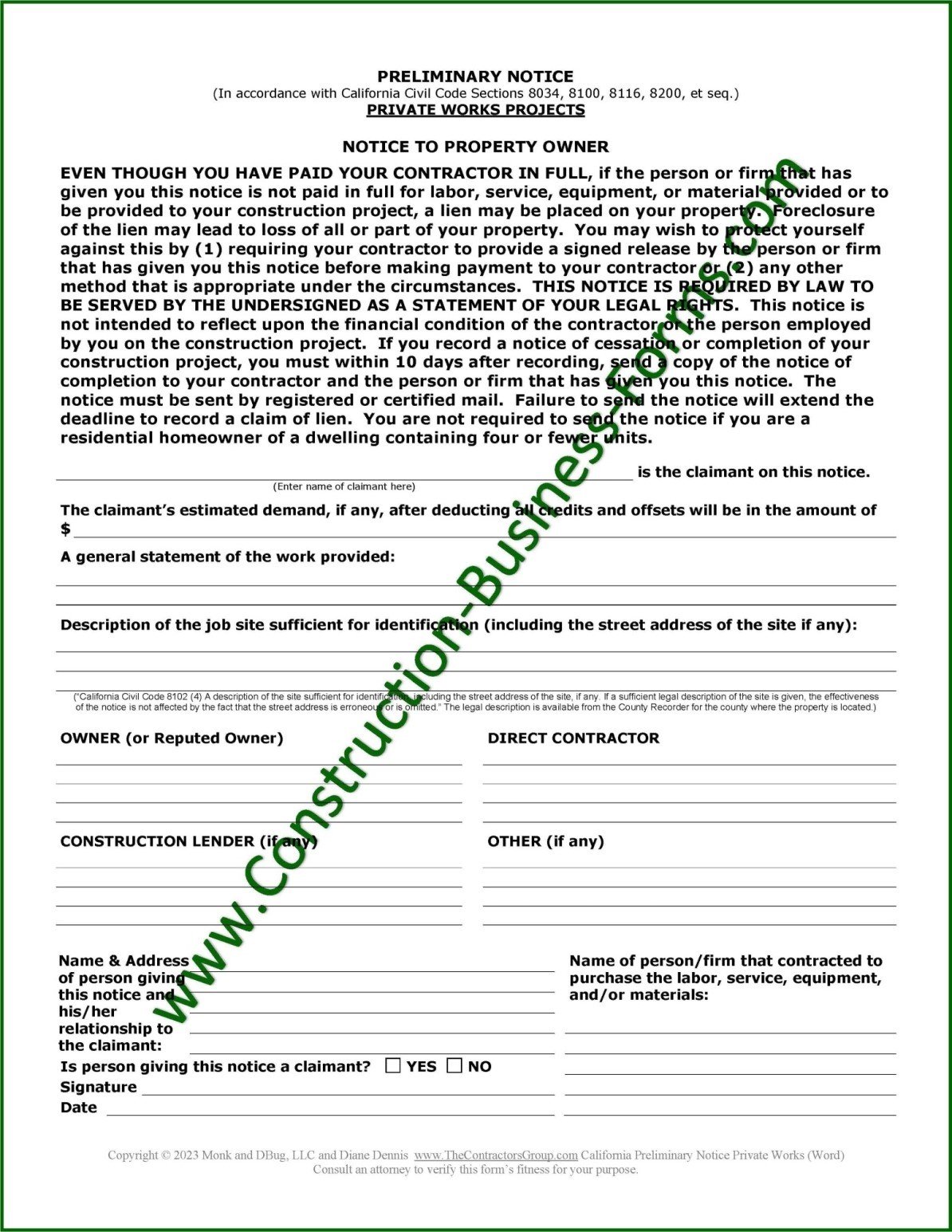Filing for a Mechanic's Lien Extension
The Law, Traps, and Strategies To Maximize Your Leverage While Limiting Your Expenses
QUESTION: Can or should you file for a mechanic's lien extension?
You've been timely in serving your
20-day preliminary notice. You've completed your work, and you've
recorded your mechanic's lien against the property that you worked on
for the amount not yet paid to you.

Now what happens with your lien? Does it just sit there on title to the property until you are paid? What is the lien doing for you? What is it doing to the property owner?
A mechanic's lien is nothing by itself except notice to anyone who is interested that you may pursue a lawsuit to enforce (or to “perfect” or to “foreclose upon”) the lien against the property.
When you record a lien, the county recorder's office will keep that information on file; anyone who looks at the record will know that your lien is recorded against the property.
This provides notice to anyone who might buy or take a security interest in the subject property that your lien lawsuit may be coming down the road. If your lien lawsuit is successful, you will have priority on title over any future sale or security interest and you may be able to foreclose against the property and to be paid from the sale proceeds.
For this reason, a bank or a potential buyer will likely refuse to mortgage or to purchase the property. Even if you have not yet pursued the lawsuit and might never do so, the potential lawsuit and right to foreclose is concern enough. This is what the lien is doing for you even if you have not yet filed a lawsuit to foreclose on the lien.
Your lien foreclosure lawsuit must be filed with the court within 90 days of the date of the lien, otherwise the lien becomes invalid.
But what if 80 days go by, you still haven't been paid, and the attorney you've spoken to says that he requires a security deposit of thousands of dollars if you want him to file a lawsuit on your behalf before the 90-day deadline?
Do you have to either commit to the expense of the lien lawsuit or lose the lien?
What if the owner offers to agree in writing to extend the lien lawsuit deadline?
IMPORTANT
While this article is written around California’s civil code laws the information helpful to all contractors, in all states. Please use it as a starting point to learn more about extending mechanic’s liens in the state(s) you perform work in – before you find yourself in a situation…
Lien Lawsuit Deadline Extensions — Understand The Risks And Limitations
Let's first discuss the ramifications of an extension by the owner to the lien lawsuit deadline. Civil Code section 8460 allows a lien claimant to extend the lien lawsuit deadline if the owner of the property signs an agreement extending the lien lawsuit deadline and such agreement is recorded before the 90-day deadline to file the lien lawsuit has passed.
There are restrictions to the extent of any extension but an
extension is possible if the owner signs an extension agreement
(often called a "tolling agreement" and referred to as a
"credit" in section 8460). However, what can a lien
claimant do if the owner will not agree to extend the deadline?
A Lien Claimant May Record A Second Lien If The Lien Recording Deadline Has Not Passed
There are two deadlines related to mechanic's liens: the recording deadline and the lawsuit deadline. The lawsuit deadline for any lien is 90 days after the lien is recorded. The recording deadline is determined by the date of completion of the work of improvement and will never be earlier than 30 days after such completion.
If a lien is recorded after the claimant has finished its work but long before completion of the entire work of improvement, it is perfectly legal for the claimant to release that lien and to record a new lien. The underlying right to record a lien is not lost when 90 days pass after the lien recording date.
California Civil Codes Related to Extending a Mechanic's Lien
California Civil Codes 8132, 8134, 8136, and 8138 replaced 3262(d)(1), 3262(d)(2), 3262(d)(3), and 3262(d)(4).
Only the rights related to
that lien are waived. Lien rights can be waived only via one of four
specific written waiver forms that are set forth in Civil Code
sections 8132, 8134, 8136, and 8138. If no such form is signed by the
claimant, then no lien rights are waived.
A lien claimant is entitled to give up rights related to one lien and to pursue a new lien by recording a new lien.
So long as lien rights have
not been waived via any of those forms (required by sections 8132,
8134, 8136, and/or 8138) and the new lien is timely recorded, a new
lien will be valid. There is no limit to the number of liens that
might be recorded. The only limit comes from the time deadline to
record a lien, which arises shortly after the completion of the work
of improvement.
Mechanic's Lien Extension Strategy
The strategy of releasing one lien and recording a new lien is especially useful for a contractor that does not want to commit to a lawsuit.
The reality is that even if invoices are not timely paid, payment might eventually come voluntarily. If payment is likely to come, investing the costs of a lawsuit might not be the best decision, if lien rights may be preserved via a new lien that will extend the claimants deadline to decide whether to file a lawsuit.
The leverage of a lien can be maintained for 90 more days with the only cost being the cost of releasing the prior lien (which must be done —- two liens should never be on title simultaneously) and recording the new lien.
As always, it is important to understand that individual circumstances should be analyzed on a case-by-case basis. While the general rules and strategies described above are useful to educate a contractor with a soon-to-expire lien of the potential to record a new lien, these rules and strategies should not be relied upon in any situation without specific guidance from an attorney with experience in this area.
--
Thank you to Dave Barnier for the above information. :) Mr. Barnier is a practicing litigation attorney in San Diego CA and can be reached at 619.682.4842.
The information in this article is based upon California law current at the time of writing and is provided for general information, only. The information provided illustrates laws and legal principals in general. Any information or analysis presented in this article is intended solely to educate the reader on general issues. A comprehensive review of facts, documents, and applicable laws is always required before any attorney can competently provide any legal advice regarding any particular situation. In short: Please do not rely on any part of this article when analyzing any specific situation affecting you or your business.
Bookmark me!
Bookmark my site and let me help you with your construction project management - together we'll crush the chaos of contracting!
Be sure to subscribe to my free newsletter to stay updated on happenings here at the site, updates to the downloadable construction forms, and ongoing news in the construction world.
Thank you for visiting and have a great day!
Diane
Article Series: Mechanic's Lien Law
Mechanic's lien laws
Lack of in-depth knowledge, or access to information, will cost you.
How to file a California mechanic's lien: 3 easy steps
It can seem intimidating but really, filing the mechanic's lien is the easy part...
Extending a mechanic's lien
Can, and should, a mechanic's lien be extended?
Notice to owner
How to prepare and serve this important document
Mechanics Lien Form Dollar Amounts
The value of a mechanic's lien isn't always equal to the contract balance owed to the claimant at the end of the project.
California Mechanics Lien Form
Excel and PDF
Instant Download
Fill-able
Save-able
Unlimited Usage!
Includes In-Depth Instructions
Construction-Business-Forms.com
Mechanics Lien Form, Attorney Fees, and Interest
You can collect both, in different manners, but neither can be added to the mechanics lien form.
Mechanics Lien Judgment vs Money Judgment
There are definite differences between them.
Filing a Mechanic's Lien in Colorado
Contains an infographic with easy step-by-step information on how to file a mechanic's lien in Colorado.
How soon can a mechanics lien form be recorded?
If you record a mechanic's lien too soon you could lose all rights.
The California Preliminary Notice Covers Up to 20 Days Back
Just because you missed the deadline doesn't mean that all is lost!
The Mechanics Lien Form Deadline to Record
The deadline is either 30 days or 90 days, depending on...
California mechanic's lien laws, preliminary notices, and change orders
Do you have to do a preliminary notice for change orders?
Property Lien and Equipment Rental Companies
Can an equipment rental company file a property lien (aka mechanic's lien)?
